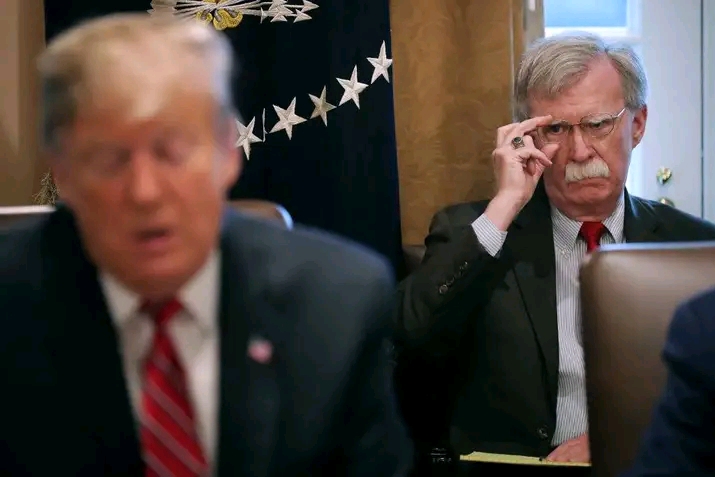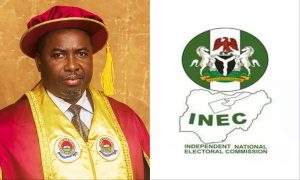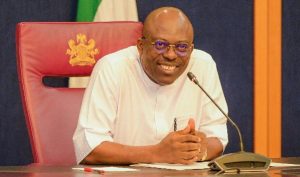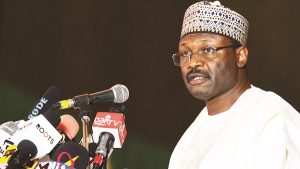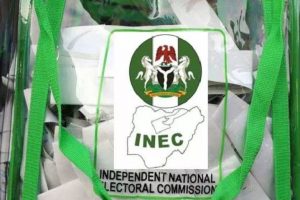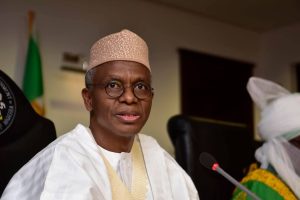Bolton Sheds Light On Why Putin Didn’t Invade Ukraine Under Trump
John Bolton served as national security adviser under Donald trump
About a week ago, Donald Trump was apparently feeling a bit defensive after his praise for Vladimir Putin created some political troubles for him. It led him to release a ridiculous written statement in which he suggested he was responsible for rescuing NATO.
The only thing threatening NATO’s existence was Trump himself, who not only repeatedly disparaged the alliance, but who, on several occasions, expressed an interest in abandoning NATO altogether. By all accounts, it was a plan he intended to follow through on in a second term.
It was against this backdrop that John Bolton, who served as the White House national security adviser during the former president’s term, told The Washington Post late last week that he believes Trump would’ve withdrawn the United States from the NATO alliance in a second term. That wasn’t a surprising observation, but take note of its possible relevance:
“In a second Trump term, I think he may well have withdrawn from NATO,” Bolton said. “And I think [Russian President Vladimir] Putin was waiting for that.”
For Trump and his allies, it’s a point of great pride that Putin didn’t invade any of his neighbors during the Republican’s term in the White House. The Russian leader launched offenses against bordering countries in 2008, 2014, and 2022, but between January 2017 and January 2021, Putin showed restraint.
This, we’ve been told to believe, is clear proof of … something.
The standard line from the right is built on two pillars. The first is the idea that Trump was so strong and unpredictable, the Russian authoritarian was simply too afraid to provoke the Republican. The second is the belief that when the United States withdrew from Afghanistan, it signaled to Moscow that we’re weak and indifferent to international military offenses.
The former argument is so plainly ridiculous, it’s surprising Republicans would even peddle it. Trump spent four years going to almost comical lengths to make Putin happy, to the point that the then-American president’s own director of national intelligence later admitted he feared Trump had been compromised by the Kremlin.
As for the Afghanistan claim — a favorite of a great many leading Republicans — it isn’t much better. Putin’s preoccupation with Ukraine goes back a lot further than last summer. Indeed, there’s evidence that Russia began building up military forces around the Ukrainian border months before U.S. forces left Kabul.
The idea that Putin would’ve altered his yearslong ambitions in Ukraine if only President Biden had agreed to keep thousands of American troops in Afghanistan is plainly at odds with everything we know about recent events. (What’s more, if the right were serious about this line of rhetorical attack, it might lead to some awkward questions about the geopolitical effects of Trump’s February 2020 agreement with the Taliban to end the decades’ long war. Did this signal weakness to Moscow?)
So, if the standard Republican explanation is unserious, what’s the actual reason?
In a piece that generated an unusual amount of hate mail, I recently made the case that Putin showed restraint during the Trump era because the Russian authoritarian saw no need to mess with a good thing. The basic idea — which I was glad to see others endorse — is that Trump’s actions were in line with Moscow’s goals, and an invasion of Ukraine risked upsetting the balance.
Putin wanted to undermine the NATO alliance, and Trump undermined the NATO alliance. Putin wanted to weaken the E.U., and Trump made little effort to express his disdain for the E.U. Putin wanted to help authoritarians, and Trump cozied up to authoritarians. Putin wanted to hurt Ukraine, and Trump launched an extortion scheme that threatened to hurt Ukraine. Putin wanted to weaken the U.S. political system, and Trump was unnervingly aggressive in trying to weaken the U.S. political system.
All of which is to say, why would Putin rock the boat when Trump was already steering it in the Kremlin’s preferred direction?
But Bolton has presented a related explanation that’s quite credible: Putin saw an American president moving in a direction Moscow liked, and the Russian leader was waiting for Trump to finish the job.
In case this isn’t obvious, this should not be seen as any kind of endorsement of Bolton’s hyper-hawkish worldview, which I’ve been harshly critical of on many occasions over many years.
Rather, Bolton’s perspective on stories like these matters precisely because of his influential role on Team Trump.
